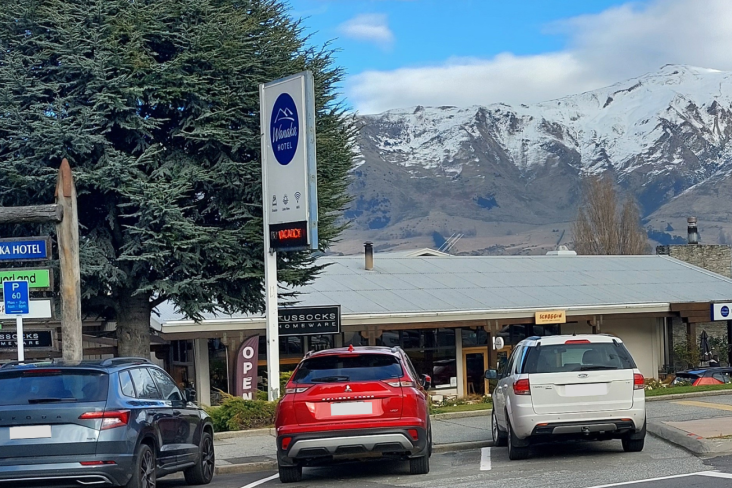Negotiating a commercial lease is really important.
A commercial lease is a key business document that governs how you occupy your premises. It doesn’t have to be totally standard as the terms are negotiable. We’ve set out the top ten things to look closely at.
- Who is actually the tenant? This might sound a little odd, but it might surprise you to know how often the tenant is not actually described correctly.
- Who are the Guarantors? Landlords like guarantees to ensure they have people with assets backing the lease. Tenants will want to keep the guarantees to a minimum.
- What do the premises consist of? Surprisingly often we see the premises description missing key parts like access points and shared spaces that are essential to the efficient use of the premises. Be clear on what premises you are wanting and what you are getting.
- What is the commencement date of the lease? This might not be as simple as you think particularly where the lease is for a property that is being upgraded or built from new.
- What are the terms of the lease? There is a standard set of terms that are often used but it’s important you understand what those terms say and make sure they line up with what you want.
- What are your renewal options? Renewals give security to the tenant that they can continue to occupy the space for a longer period of time. The term of the lease versus the number of renewals and term of those renewals does need some thought on both sides.
- How is the rent going to be calculated and reviewed? Think about how market rent is going to be calculated and what sort of rental ratchet is to be used.
- What is the business use that you’re allowed to use the premises for? A narrow use of premises can be problematic if a tenant wants to assign the lease during the term. The pool of possible new tenants can be small if the business use allowed is narrow.
- What repairs and maintenance obligations do you have under the lease? Getting clarity on what a tenant is responsible for and what a landlord is responsible for can be super useful to avoid any misunderstanding during the lease.
- What obligation do you have at the end of the term of your lease? It might come as news to some, but the usual lease terms contain a ‘make good’ requirement. This means the tenant is obliged to remove their fit-out and put the premises back to the original state it was in at the beginning of the lease.
So pay attention to all the terms in your lease and not just these top ten. And a word to the wise. Get legal advice before you sign!
